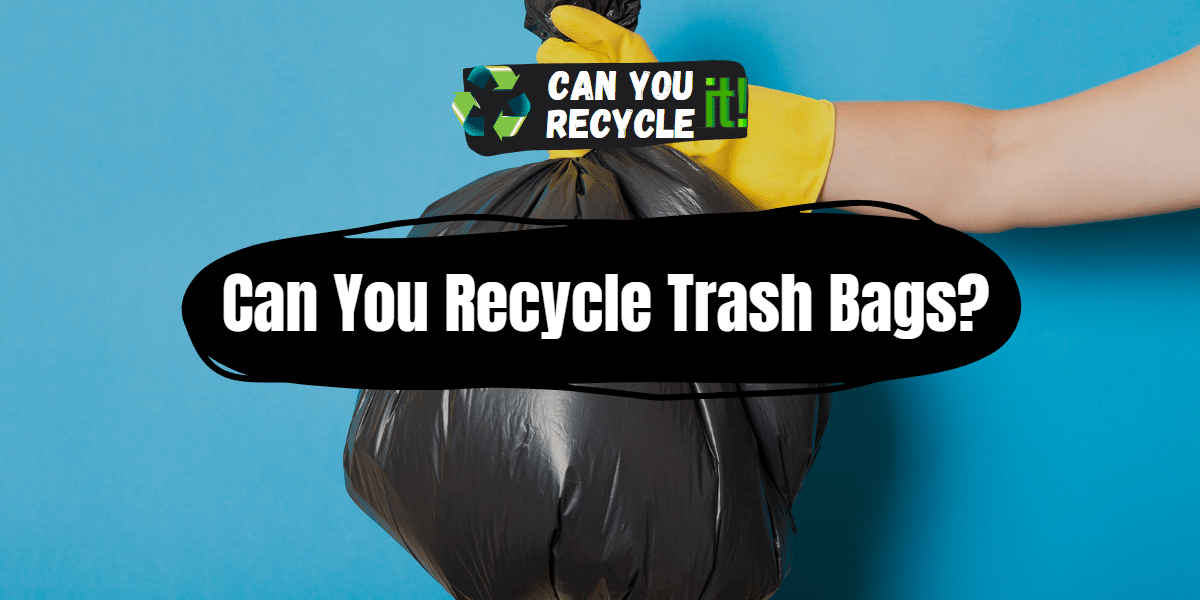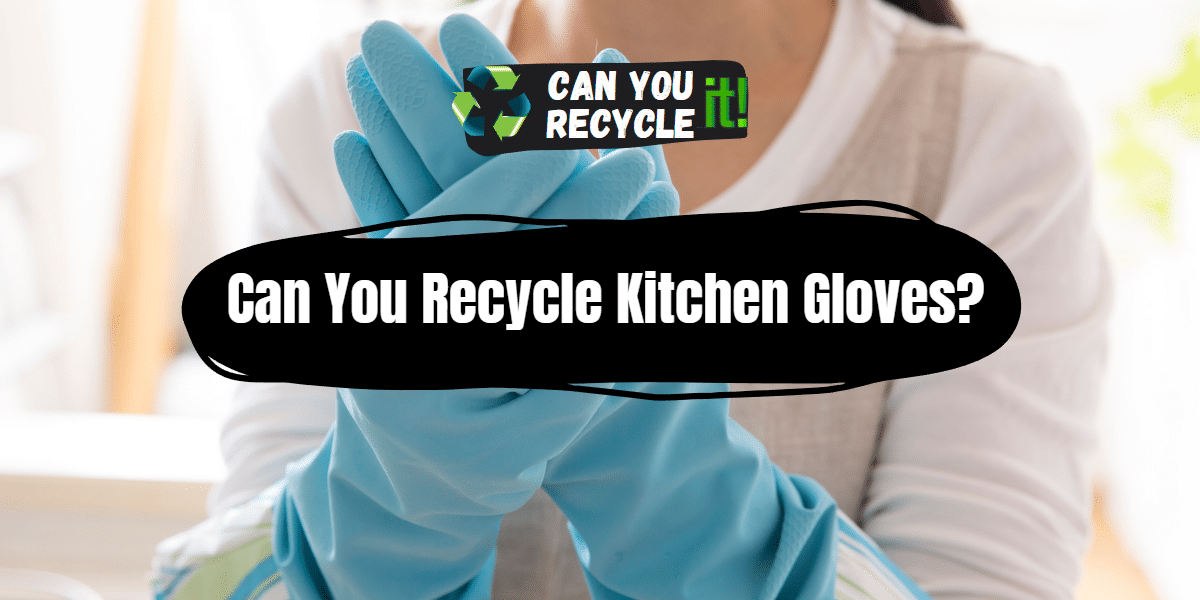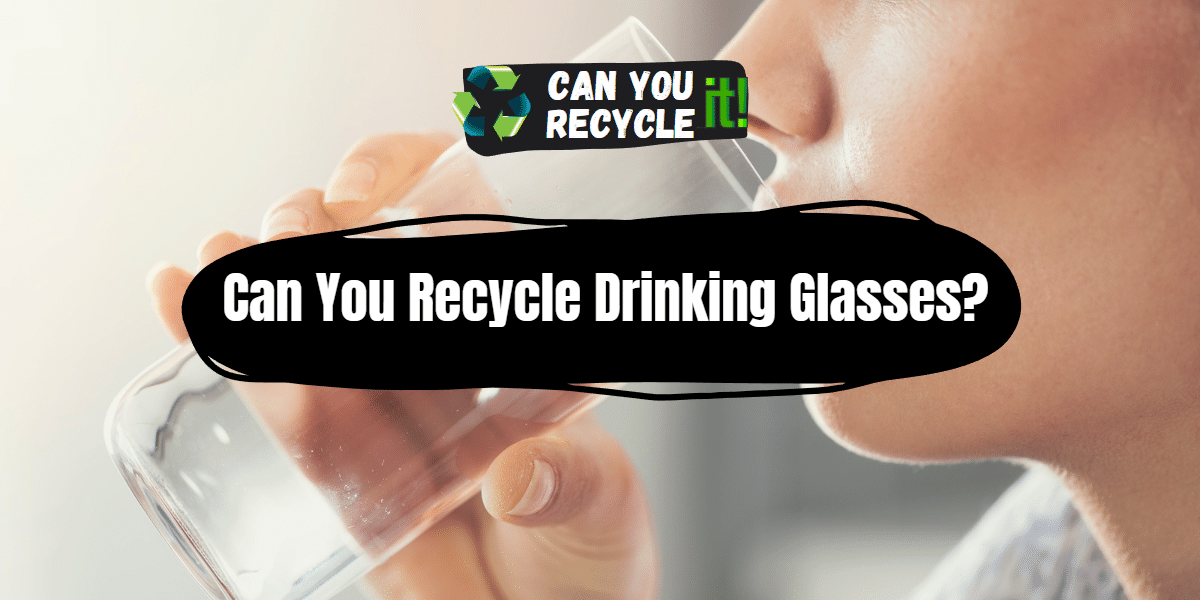The answer is both yes and no. It depends on the type of trash bag you have.
Some trash bags are made from recyclable materials, such as high-density polyethylene (HDPE) or low-density polyethylene (LDPE), which are commonly labeled with recycling symbols. On the other hand, sure trash bags, especially those made from mixed plastics or containing additives, are not easily recyclable and should be disposed of properly.
Trash bags are essential to our daily lives, helping us keep our homes clean and organized. However, once they have served their purpose, many people wonder whether they can be recycled. In this article, we will explore the recycling potential of trash bags, providing you with valuable information on how to prepare them for recycling, what to do with non-recyclable ones, and the environmental impact of recycling. So, let’s dive in and find out if you can recycle trash bags!
Table of Contents
Do’s and Don’ts
To ensure that your trash bags have the best chance of being recycled, here are some dos and don’ts to keep in mind:
Dos
- Clean and Dry: Empty and rinse your trash bags to remove any leftover residues before recycling. Make sure they are scorched to prevent contamination.
- Check Recycling Symbols: Look for the recycling symbols on the trash bags. HDPE and LDPE bags are more likely to be recyclable.
- Separate from Waste: Keep your recyclable trash bags separate from other waste to avoid contamination and make recycling easier.
Don’ts
- Don’t Include Non-Recyclable Bags: If trash bags are made from mixed plastics or contain additives, do not include them with your recyclables.
- Avoid Food Waste: Avoid food waste inside the trash bags you intend to recycle. Food residues can contaminate the recycling process.
How to Prepare Trash Bags for Recycling
To prepare your trash bags for recycling, follow these simple steps:
- Clean and Empty: Empty the trash bags and clean them by rinsing out any residues or debris. This step helps prevent contamination during the recycling process.
- Air Dry: Allow the bags to air dry entirely before recycling. Moisture can compromise the quality of the recycled material.
- Flatten or Bundle: Flatten the bags or bundle them together to save space and make handling more efficient. This step ensures smoother transportation and processing.
- Check Local Guidelines: Research the recycling guidelines in your area. Some recycling programs may require specific preparations or restrict the types of bags accepted.
- Recycling Drop-off or Curbside Collection: Depending on your location, you can either drop off the prepared trash bags at a recycling center or put them out for curbside collection on designated recycling days.
5-Step Guide to Recycle Trash Bags
If you are unsure about how to recycle your trash bags, here is a simple 5-step guide:
Step 1
Check the Label: Look for the recycling symbols on the trash bags. They usually indicate the type of plastic used, such as HDPE or LDPE, which are more likely to be recyclable.
Step 2
Empty and Clean: Empty the trash bags and rinse them with water to remove any residues. Proper cleaning prevents contamination during the recycling process.
Step 3
Dry Thoroughly: Ensure that the bags are dehydrated before recycling. Moisture can affect the quality of the recycled material.
Step 4
Flatten or Bundle: Flatten the bags to save space or bundle them together with a rubber band or string. This step makes transportation and processing more efficient.
Step 5
Recycle Properly: Check with your local recycling program for specific guidelines for recycling trash bags. Follow the instructions on whether to drop them off at a recycling center or include them in curbside recycling.
What to Do with Trash Bags That Cannot Be Recycled
Not all trash bags are recyclable, but that doesn’t mean they have to end up in landfill. Here are some alternative options for non-recyclable trash bags:
- Reuse: If the bags are still in good condition, consider reusing them around the house. They can serve as storage bags or be used for other non-waste purposes.
- Dispose Properly: If the bags are no longer usable, make sure to dispose of them responsibly. Tie them securely and place them in your regular waste bin.
- Explore Special Programs: Some communities have special programs for recycling non-recyclable plastics. Check if there are any facilities in your area that accept these types of bags.
- Consider Biodegradable Options: In the future, you might want to switch to biodegradable or compostable trash bags. These eco-friendly alternatives can help reduce environmental impact.
Environmental Impact of Recycling Trash Bags
Recycling trash bags has significant environmental benefits. By diverting them from landfills, we can conserve resources and reduce pollution. Here’s how recycling trash bags positively impacts the environment:
- Resource Conservation: Recycling trash bags saves valuable resources, such as plastic, which can be transformed into new products. This reduces the need for raw materials and conserves energy.
- Waste Reduction: Recycling helps minimize the amount of waste sent to landfills, promoting a more sustainable waste management system. This, in turn, reduces greenhouse gas emissions and environmental pollution.
- Energy Savings: Recycling plastic requires less energy than producing new plastic from virgin materials. By conserving energy, we can lower carbon emissions and mitigate climate change.
- Circular Economy: Recycling trash bags is crucial to achieving a circular economy, where materials are reused and recycled, reducing reliance on finite resources and minimizing waste generation.
FAQs for Can You Recycle Trash Bags
Can I recycle trash bags with food waste?
It’s best to minimize food waste inside the trash bags you intend to recycle, as food residues can contaminate the recycling process. Consider emptying food waste into compost bins or separate food waste recycling containers. It’s best to minimize food waste inside the trash bags you intend to recycle, as food residues can contaminate the recycling process. Consider emptying food waste into compost bins or separate food waste recycling containers. Some recy
Can I recycle trash bags with other plastics?
While it’s crucial to separate recyclables, including trash bags made from HDPE or LDPE, with other clean and dry plastic items should generally be acceptable. However, checking your local recycling guidelines for specific instructions is always recommended.
Are biodegradable trash bags recyclable?
Biodegradable trash bags are not always recyclable through conventional recycling methods. However, some specialized recycling facilities may accept them. Check with your local recycling program or waste management facility for proper disposal options.
Conclusion and final thoughts 💭
Recycling trash bags effectively reduces waste, conserves resources, and minimizes our environmental footprint. While not all trash bags are recyclable, following the dos and don’ts and adequately preparing the recyclable ones can make a positive difference. Remember to check local guidelines, clean and dry the bags before recycling, and explore alternative options for non-recyclable bags. By making informed choices, we can contribute to a more sustainable future and create a cleaner environment for generations to come.





Leave a Reply